-
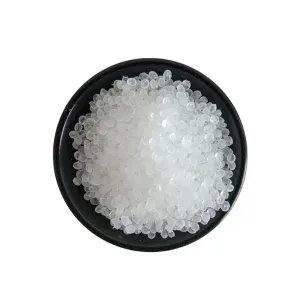 Polyethylene 6094
Polyethylene 6094 -
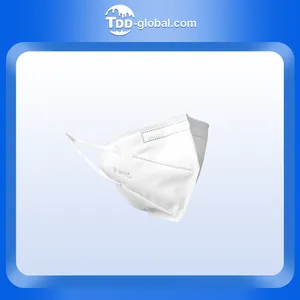 Kangaomei kn95 protective mask
Kangaomei kn95 protective mask -
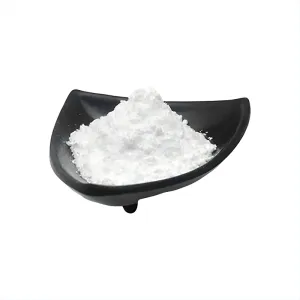 High Quality Food Additive Sweeteners Aspartame (E951)
High Quality Food Additive Sweeteners Aspartame (E951) -
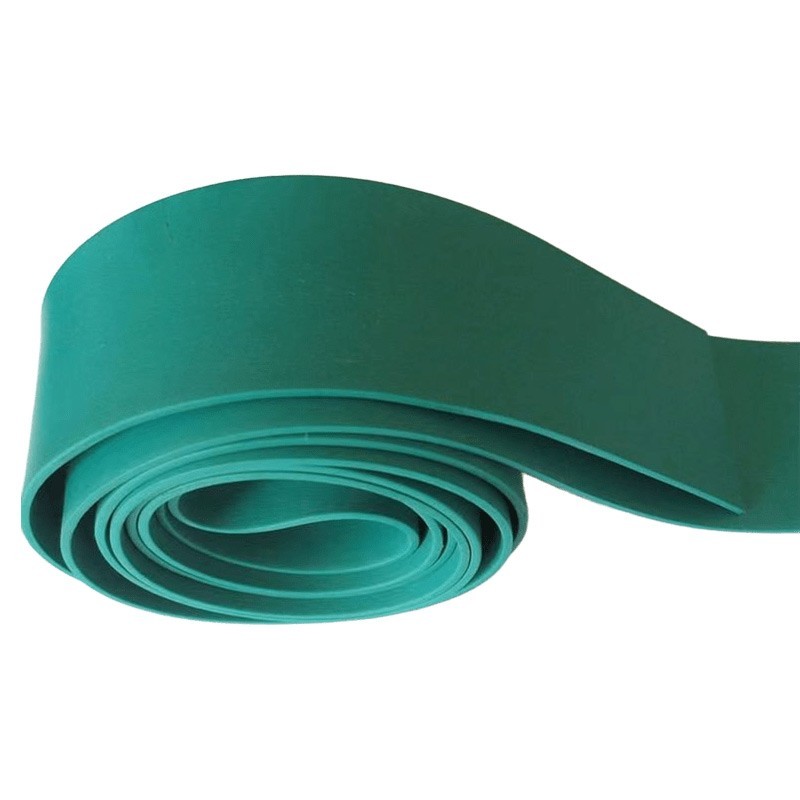 PVC SOFT BOARD COLOUR - GREEN 1000mm*16.7m*4mm
PVC SOFT BOARD COLOUR - GREEN 1000mm*16.7m*4mm -
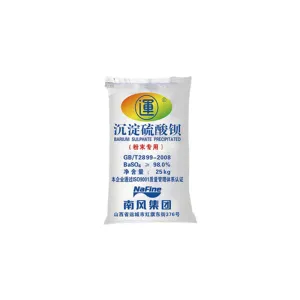 Nanfeng Barium Sulfate Precipitated for Powder Coating 800 Mesh
Nanfeng Barium Sulfate Precipitated for Powder Coating 800 Mesh -
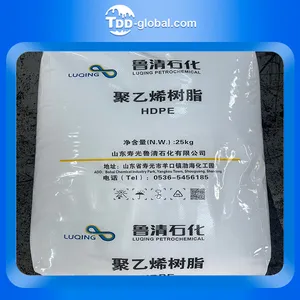 LUQING HDPE 7750Z
LUQING HDPE 7750Z -
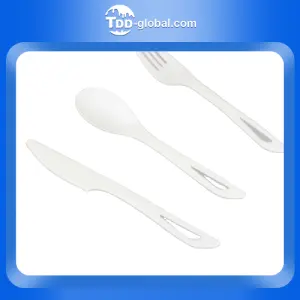 2023 innovative products biodegradable cornstarch cutlery set Eco friendly biodegradable cutlery
2023 innovative products biodegradable cornstarch cutlery set Eco friendly biodegradable cutlery
Q
what does low emitting vehicles mean
I'm a seasoned industrial engineer with a keen interest in machine learning. Here to share insights on latest industry trends.
Yes, you should turn off your engine when pumping gas. This practice is recommended for safety reasons, as an operating engine increases the risk of igniting gasoline vapors. Refueling with the engine running could potentially trigger a fire due to static electricity or the engine's heat. Moreover, modern vehicles are designed with evaporative emissions control systems that capture gasoline vapors before they escape into the air. Keeping the engine running disrupts this process, increasing pollution. Turning off your engine also conserves fuel, even if minimally, by eliminating unnecessary idling. Beyond safety and environmental reasons, this procedure is mandated at gas stations in many jurisdictions, underlining its importance. It's a simple action that supports safety, environmental protection, and compliance with regulations.
I'm a seasoned industrial engineer with a keen interest in machine learning. Here to share insights on latest industry trends.
The Ford F-150 has been highly recommended for flatbed towing multiple times. thanks to its lightweight design and powerful towing capabilities. Similarly. the Jeep Wrangler is known for its ruggedness and durability and can easily be towed behind an RV. Another popular choice for flatbed towing is the Chevrolet Equinox. with its solid construction and efficient fuel consumption. The Dodge Ram 1500 is also a commonly towed vehicle due to its light weight and strength. The Nissan Frontier. a compact pickup truck with impressive strength and lightweight build. is another great option for towing flatbed trailers. For those seeking versatility and reliability. the Ford Fusion model is often used for flatbed towing. The Honda CR-V has also earned a reputation as a reliable option for this purpose thanks to its functionality. excellent fuel economy. and overall dependability. Likewise. the GMC Terrain offers both power and versatility as a dependable choice for flatbed towing. The Subaru Forester's compact size and durability make it an ideal candidate for flatbed tractor use. And while the Chevrolet Colorado may be suitable due to its performance and manageable weight. it's important to remember that not all model years are appropriate for this type of towing. To ensure safe transportation on a flatbed.
You May Like
Yes, PVC can crack in cold weather due to its decreased flexibility in lower temperatures. PVC (Polyvinyl Chloride) is a widely used plastic that becomes less pliable and more brittle as the temperature drops, making it more susceptible to cracking under impact or stress. This vulnerability is especially pronounced in regions with severe cold spells. As a preventative measure, it’s advisable to use PVC materials rated for cold temperatures or to consider alternatives like ABS (Acrylonitrile Butadiene Styrene) which maintain better toughness in cold climates. Regular inspections for damage and proper installation according to manufacturer guidelines can also mitigate risk.
Fiber, specifically soluble fiber, plays a significant role in managing cholesterol levels. It dissolves in water to form a gel-like substance in the digestive tract. This process helps by binding bile acids, which are partially composed of cholesterol, in the intestines. The body then uses cholesterol from the bloodstream to replace these bile acids, thereby lowering the overall cholesterol levels. Soluble fiber can be found in foods like oats, beans, peas, apples, and citrus fruits. Incorporating these into your diet can aid in reducing the absorption of cholesterol into your bloodstream, thus supporting heart health and reducing the risk of heart disease.
Polypropylene, a popular plastic used in various applications, has some disadvantages. First, it has a high thermal expansion rate, which might not be suitable for temperature-sensitive applications as it can change shape or dimensions. Secondly, it is susceptible to UV degradation, making it less durable for outdoor use unless appropriately treated. Additionally, polypropylene can be prone to scratching and chemical damage, limiting its use in certain environments. It is also not as stiff as some other plastics, which might be a drawback in applications requiring high rigidity. However, its advantages like low cost, resistance to water, chemicals, and electricity often outweigh these issues for many applications. Recycling polypropylene can also be challenging, contributing to environmental concerns.
You May Like
Q&A
- •is titanium dioxide safe for human consumption
- •how to determine if something is made from polypropylene
- •how to unwind yarn
- •what is titanium tetrachloride
- •how to connect garden hose to pvc pipe
Popular Information
- •China Domestic PVC Market Fluctuated slightly on January 12
- •TCI Sanmar Chemicals achieve fin closure for its $ 868 mn Egypt project
- •Menthol prices recover of better demand
- •INEOS Inovyn launches ULC chlor alkali range
- •China PVC Spot Market Prices Remain Stable with Slight Increase after the Spring Festival









